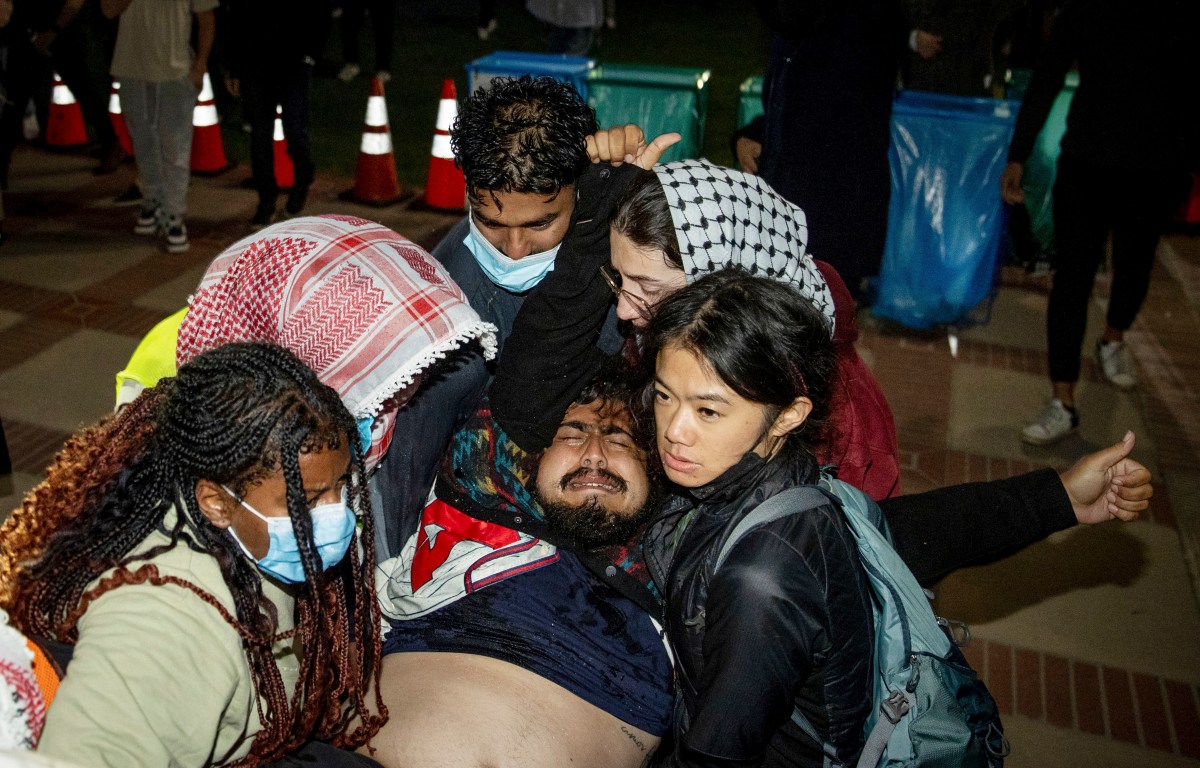Explicit act or intent not only grounds for deportation
We all know that it is hard to define the term “terrorist” and how “one man’s terrorist is another man’s freedom fighter.”
Difficulties notwithstanding, the law not only has to struggle with this delicate issue but, at some point, it must reach some conclusions so that it will be able to distinguish a “terrorist” from someone who is not.
In order to achieve its stated policy of “maintaining the security of Canadian society,” Canada’s Immigration and Refugee Protection Act (IRPA) casts a huge net to catch “terrorists” amongst us.
It is no surprise that IRPA renders inadmissible to Canada any foreign national or permanent resident who “engage[s] in terrorism.” However, this provision forces us to debate the definition of terrorism.
Perhaps to avoid this debate, IRPA also excludes those who are “a danger to the security of Canada.” Under this provision, the immigration department doesn’t have to prove that the person is a “terrorist” or that he/she even plans to commit an act of terrorism. For example, it might be sufficient to prove that the person concerned intends to deliver a fiery speech in Canada which the department believes might create a “danger” to our security.
IRPA also excludes “prescribed senior official[s] in the service of a government that, in the opinion of the Minister, engages or has engaged in terrorism.” Again, it’s not necessary to prove that the individual in question committed an act of terrorism or that he even supports terrorism. A deportation may ensue even if the individual opposes terrorism.
Take the case of a person who is a senior member of a government who tried to persuade his government to abandon terrorism. In such a case, it could still be easily argued that he is inadmissible since the section only requires proof of membership and not proof of any negative conduct.
Finally, the Act excludes those who are “member[s] of an organization that there are reasonable grounds to believe engages, has engaged or will engage” in acts of terrorism. In some cases, it is open to debate whether an organization is a terrorist one or not. However, some organizations, i.e. Hezbollah and Hamas, have been deemed to be terrorist organizations under our Anti-Terrorism Act. Therefore, any foreigner or permanent resident who is found to be a “member” of such organizations, whether or not they have engaged in any violence will be caught by the terrorist provisions of IRPA and are subject to deportation.
While credit card membership has its privileges, political membership has its price.
Guidy Mamann is the senior lawyer at Mamann & Associates and is certified by the Law Society as an immigration specialist. Reach him at 416-862-0000. Direct confidential questions to metro@migrationlaw.com.
















